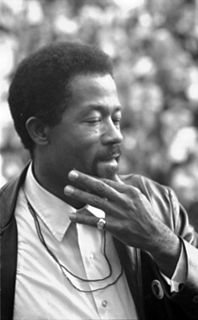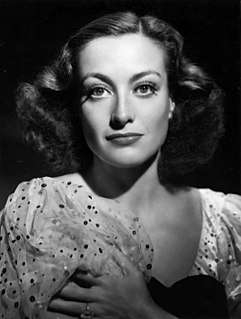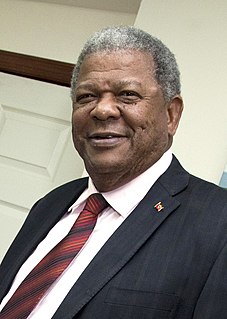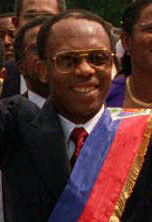A Quote by Zora Neale Hurston
For four hundred years the blacks of Haiti had yearned for peace. for three hundred years the island was spoken of as a paradise of riches and pleasures, but that was in reference to the whites to whom the spirit of the land gave welcome. Haiti has meant split blood and tears for blacks.
Related Quotes
By 1940 the literacy figure for all states stood at 96 percent for whites. Eighty percent for blacks. Notice for all the disadvantages blacks labored under, four of five were still literate. Six decades later, at the end of the 20th century, the National Adult Literacy Survey and the National Assessment of Educational Progress say 40 percent of blacks and 17 percent of whites can't read at all. Put another way, black illiteracy doubled, white illiteracy quadrupled, despite the fact that we spend three or four times as much real money on schooling as we did 60 years ago.
Raphael painted, Luther preached, Corneille wrote, and Milton sang; and through it all, for four hundred years, the dark captives wound to the sea amid the bleaching bones of the dead: for four hundred years the sharks followed the scurrying ships; for four hundred years America was strewn with the living and dying millions of a transplanted race; for four hundred years Ethiopia stretched forth her hands unto God.
The whole history between Haiti and the Dominican Republic is complicated. We share the island of Hispaniola, and Haiti occupied the Dominican Republic for twenty-two years after 1804 for fear that the French and Spanish would come back and reinstitute slavery. So we have this unique situation of being two independent nations on the same island, but with each community having its own grievance.
Blacks were not enslaved because they were black but because they were available. Slavery has existed in the world for thousands of years. Whites enslaved other whites in Europe for centuries before the first black was brought to the Western hemisphere. Asians enslaved Europeans. Asians enslaved other Asians. Africans enslaved other Africans, and indeed even today in North Africa, blacks continue to enslave blacks.
There is this split between the Haiti of before the earthquake and the Haiti of after the earthquake. So when I'm writing anything set in Haiti now, whether fiction or nonfiction, always in the back of my mind is how people, including some of my own family members, have been affected not just by history and by the present but also by the earthquake.
The spirit of Ubuntu, that once led Haiti to emerge as the first independent black nation in 1804, helped Venezuela, Colombia and Ecuador attain liberty, and inspired our forefathers to shed their blood for the United States' independence, cannot die. Today, this spirit of solidarity must and will empower all of us to rebuild Haiti.




































